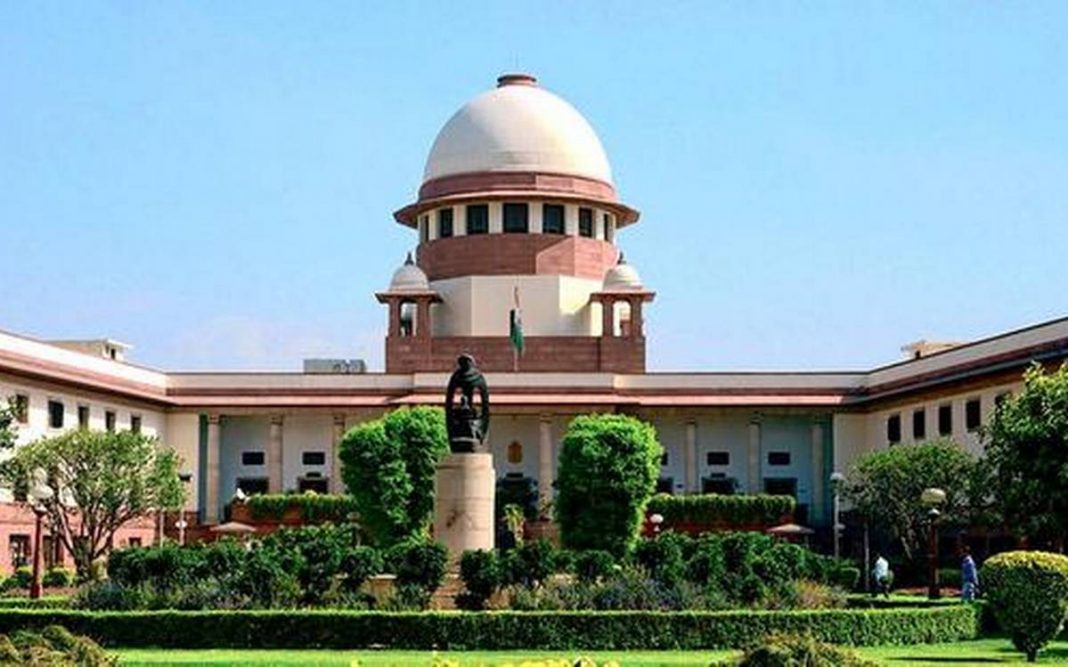The Supreme Court has set aside the directions issued by the National Commission for Protection of Child Rights (NCPCR) to district magistrates and collectors across the country to send back children from children’s homes to their parents in view of the Covid-19 outbreak. The NCPCR had made the direction on October 9 this year.
Justices L Nageswara Rao and Hemant Gupta heard the suo motu petition on the conditions of child protection homes across the country during the pandemic. The court said the Central government, through Solicitor General Tushar Mehta, had said children from protection homes shall not be sent back to their homes without scrutiny. The restoration of children shall be made only after complying with the provisions of the Juvenile Justice Act, the court said.
The order came days after the court asked for a second opinion on NCPCR’s direction asking for restoration of children lodged in children homes. SG Mehta said the Centre has set aside NCPCR’s directions to District Magistrates and Collectors to mandatorily repatriate children in children’s homes to parents. It said no child would be repatriated without following the requirements of Juvenile Justice Act.
On September 24, the NCPCR in consultation with the Child Welfare Committees had sent letters to district authorities of eight states to send back the children lodged in Child Protection Homes back to their families. This was opposed by many civil society groups, because they say it violates the Juvenile Justice (Care and Protection of Children) Act, 2015.
Amicus Curiae Gaurav Agarwal submitted that sending back children is contrary to the 2016 guidelines stated under Juvenile Justice Act.
SG Mehta submitted that no child would be repatriated to their parents’ homes without scrutinising the ability of the parents to support the children as required under JJ Act. Mehta said as per law, a child also cannot be kept in the homes forever.
The NCPCR has responded to the notice issued on October 9, 2020 where it has submitted that provisions of JJ Act would be scrupulously followed.
The court then took up the issue of producing child witnesses before court via video-conferencing where a pilot project has been proposed. However, the lawyers for Women and Child Development (WCD) Ministry said it could start the project with a few trial cases, two in Delhi, one in Bihar and one in Jaipur depending on whether the court has adequate infrastructure.
The child trafficking cases were identified from Bihar, West Bengal and Assam, where the children have been rescued and gone back to their native places.
Further, the court has questioned about the establishment of the remote points, where the child resides. It asked whether someone from the judiciary or from the WCD Ministry would be monitoring the issue.
The court said the infrastructure will anyway have to be provided by the state, where the legal aid services committee and child welfare committee of the area will also have to be involved.
On video-conferencing facilities for victims of child trafficking, Amicus Gaurav Aggarwal said the issues have been raised on how to ensure the child victim is not intimidated, social workers/lawyers could be roped in to speak to the child and ensure the child is not being intimidated or influenced.
The state legal services authorities can probably be roped in, said the court asking the amicus to send note to the “source states”- Bihar, West Bengal, Assam- where children have been trafficked from.
Also Read: Karnataka High Court: Right to marry anyone irrespective of caste or religion a fundamental right
Meanwhile, amicus Aggarwal has told the court that it needs to build infrastructure, have VC facilities in place and a coordinator is appointed to speak to the child victims to ensure that they are not being pressured.


